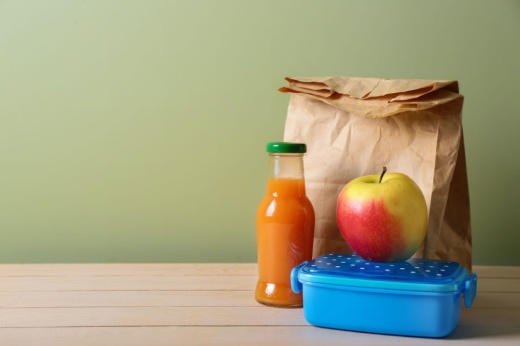According to the U.S. Census Bureau’s Household Pulse Survey, 10.9% of residents in the Houston-The Woodlands-Sugar Land metro area reported being food scarce at the start of the pandemic between April 23-May 5, 2020. Between Oct. 28-Nov. 9, 2020, local food scarcity peaked at 21.4% and has since fluctuated, dropping to 11.1% between March 1-14 before rising again to 14.2% between June 1-13.
“At the height of the pandemic, we were seeing people come out in droves,” said Jennifer Huffine, president and CEO of the Community Assistance Center serving Montgomery County. “We’re starting to see more people come back out again [for food assistance] ... for a number of reasons. ... You can make decisions on what you’re going to eat and how much you’re going to buy, but you can’t change how much gas you have to put in your car to get to work; you can’t change how much rent is.”
Pre-existing conditions
Food insecurity was a challenge in Montgomery County prior to the pandemic, said Kristine Marlow, president and CEO of the Montgomery County Food Bank.
Between the 2014-15 and 2021-22 school years, the portion of students who were considered economically disadvantaged—which includes students who are eligible for free or reduced-price meals—increased from 35.74% to 40.42% in Conroe ISD and from 23.53% to 31.36% in Montgomery ISD, according to Texas Education Agency data. “Food insecurity has been around for a long time. It’s not a new issue, but it’s something that’s kind of come to the top because it hit home for so many people who have never had to face hunger in their entire lives,” Marlow said.
Marlow said the Montgomery County Food Bank nearly doubled its monthly clientele early in the pandemic from 45,000 to 88,000 clients in one month.
Although COVID-19 cases and unemployment claims have since declined, food bank leaders said the demand for assistance remains high.
Huffine said the demand tapered off as other pandemic assistance became available in 2020 and 2021. Now that other assistance is not as readily available, she said the Community Assistance Center is seeing rising demand with costs increasing; the center distributed food for 200 families in less than two hours at a mobile food market in late June.
In May, the Montgomery County Food Bank and the American Heart Association also launched a nutrition security initiative called Healthy Hearts Initiative with a monthly mobile food market at Milam Elementary School on FM 3083. The initiative is funded by Black Pearl Technology and Misti Jeter, according to the AHA, through October. The AHA said it is seeking to secure funding to extend the monthly market through May 2023. The monthly market expands into a back-to-school comprehensive health fair event July 20 as well.
“The vision is to be able to meet the needs of people in food deserts all over the Montgomery County area, in particular communities that are really in need. This is just the beginning,” said Lharissa Jacobs, vice president of health strategies for the AHA, in a May interview.
Marlow said supply chain issues have now made it harder for food banks to keep certain products such as peanut butter, frozen meat, and canned fruits and vegetables on the shelves.
“A large portion of the food we distribute is donated, but because of those increased food costs right now and supply chain issues and increased demand, the food bank has had to purchase more and more food to fill in the gaps,” Marlow said.
In addition, Marlow and Huffine said the organizations have seen fewer volunteers.
“We’re seeing a lot of the same types of things as elsewhere—just a shortage of labor—which means the people who are committed to working here, they’re working extra hours to get the job done,” Marlow said.






